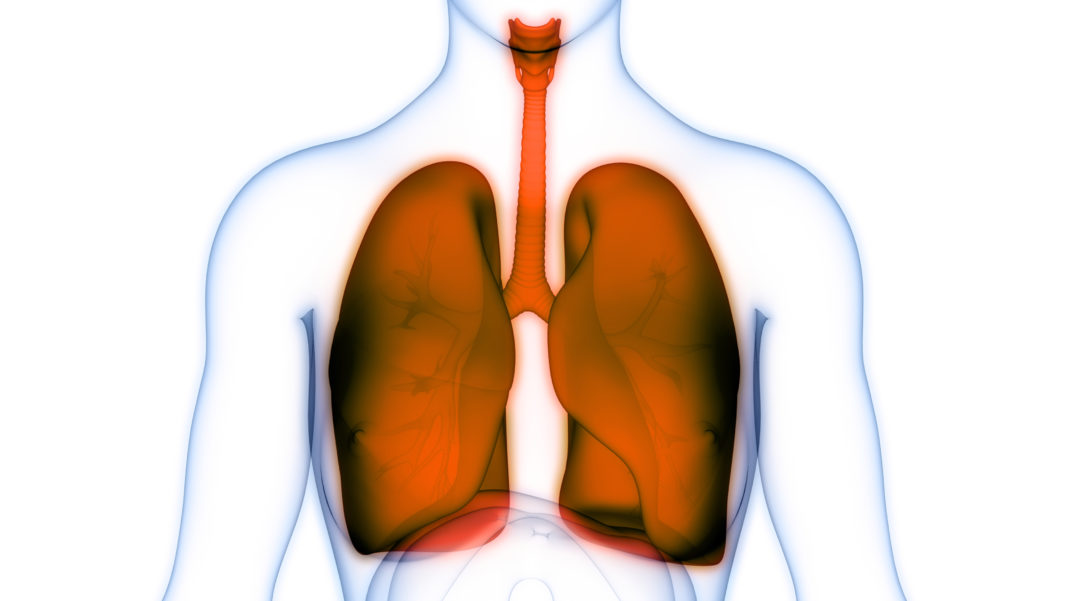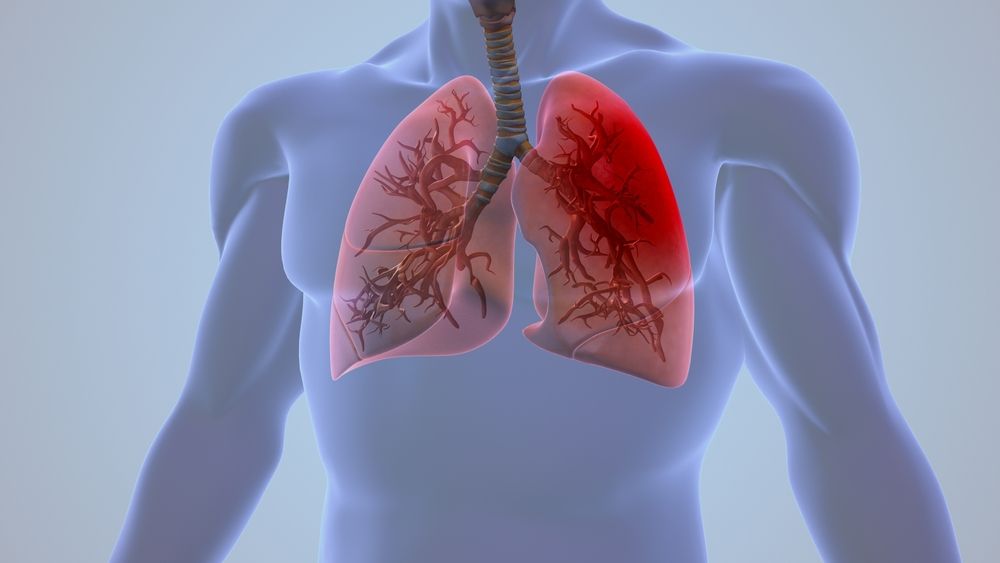Artificial intelligence (AI) paired with multiomics is beginning to deliver practical value in localized non–small cell lung cancer (NSCLC)—especially in the neoadjuvant setting—by blending digital pathology, radiomics, and multiparametric modeling. Examples include Sybil, a deep-learning model that flags preclinical CT signals later confirmed as nodules, and computer-vision tools that standardize pathologic response assessment (eg, digital major pathologic response outperforming subjective reads in discordant cases). Radiomics plus clinical/lab data can also anticipate immune-related pneumonitis with high negative predictive value, helping clinicians avoid unnecessary treatment interruptions and distinguish inflammatory “flares” from progression. Early work suggests AI-enabled pathology may refine matching of antibody-drug conjugates (eg, TROP2-targeted agents) to patients most likely to benefit.
Large language models won’t replace oncologists soon, but grounded uses are emerging. Retrieval-augmented guideline assistants and domain-curated tools improve reliability versus open-web chatbots; ambient AI reduces documentation burden by summarizing clinical encounters. The near-term future is integration, not replacement: Rigorously validated AI to standardize measurements, refine imaging calls, predict toxicities, and inform trial design and patient selection—with clinician judgment and patient benefit as the anchor.
Reference: Seymour C. Enhancing Multiomics With AI in Localized NSCLC. Targeted Oncology. Published September 24, 2025. Accessed September 26, 2025. https://www.targetedonc.com/view/enhancing-multiomics-with-ai-in-localized-nsclc
Link: https://www.targetedonc.com/view/enhancing-multiomics-with-ai-in-localized-nsclc









